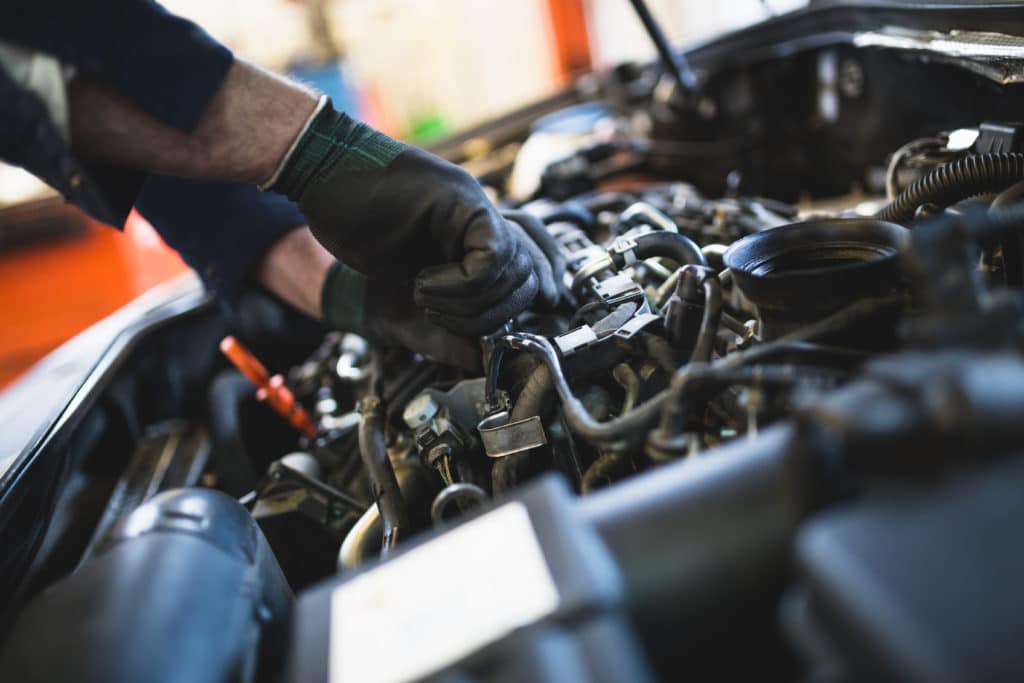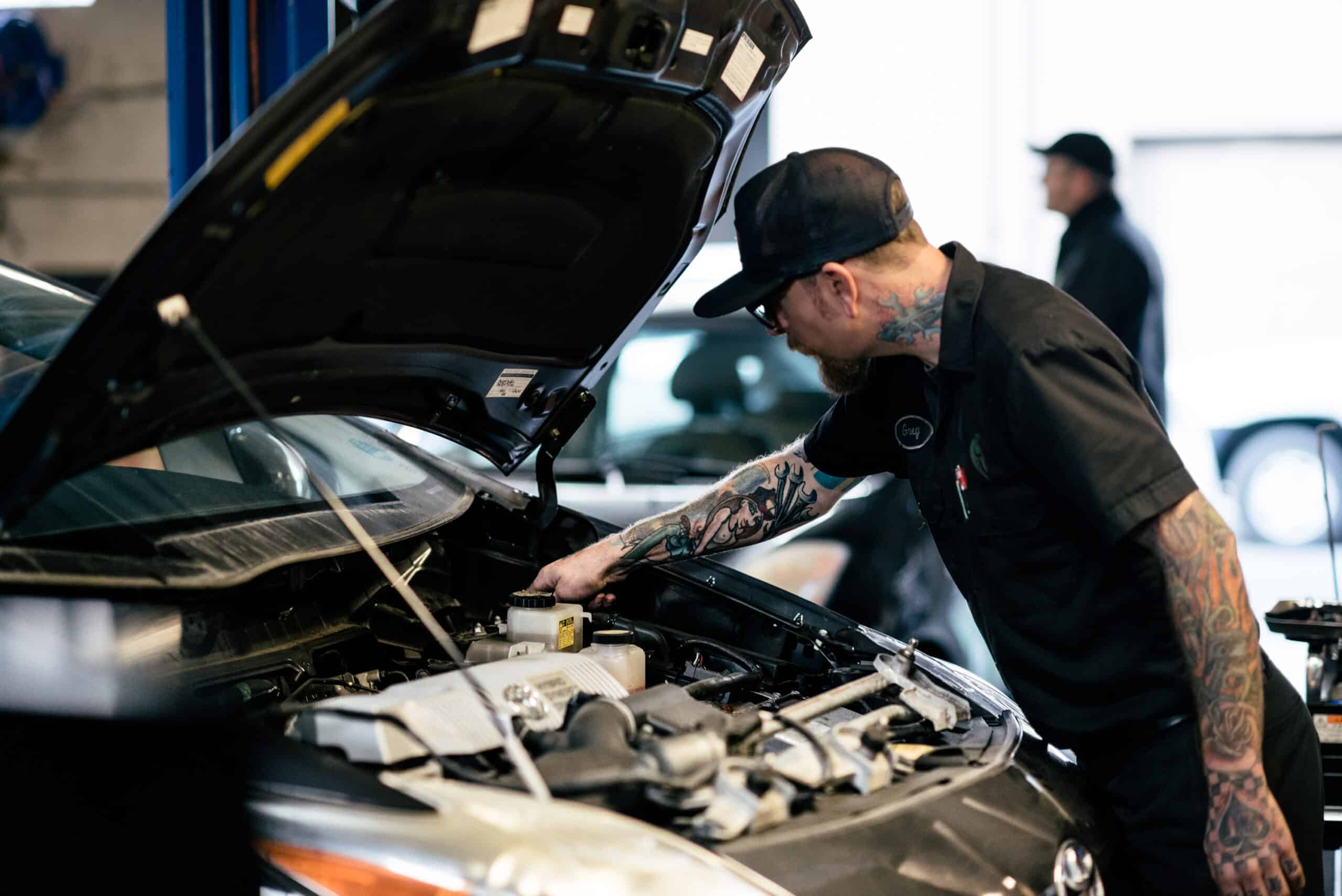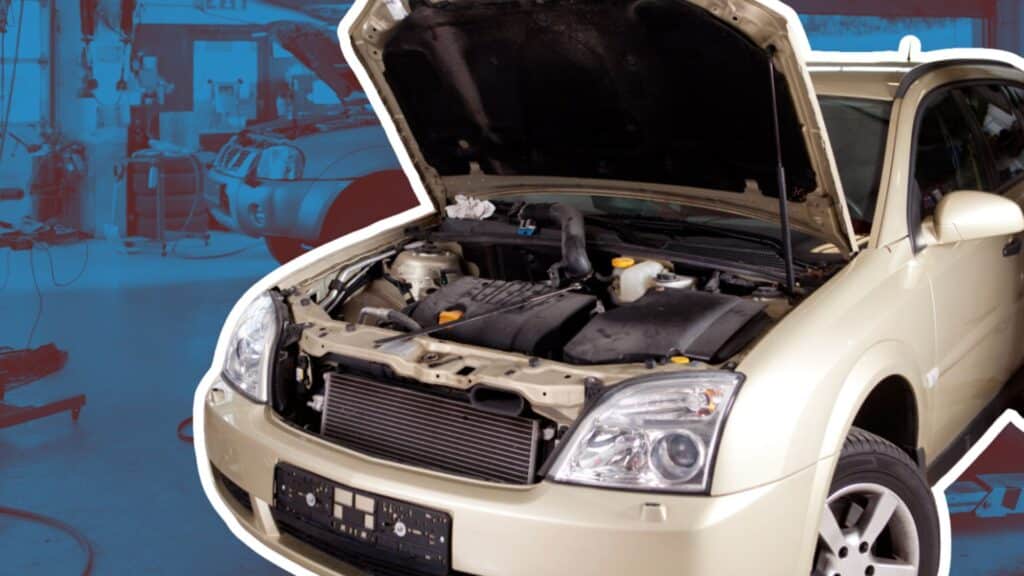Is your car running smoothly? Regular tune-ups are key to optimal performance. Many wonder how often should you get a tune-up to maintain their vehicle’s health.
Understanding the right frequency can prevent major issues and save money. Ignoring maintenance may lead to costly repairs and safety risks.
This blog explores 12 compelling reasons for regular tune-ups, from enhancing engine performance to ensuring road safety.
We’ll discuss factors influencing how often you should get a tune-up, helping you create a tailored maintenance schedule.
You can avoid problems, improve fuel efficiency, and enjoy a reliable driving experience by prioritizing tune-ups.
Learn why consistent vehicle care is crucial for your car’s longevity and why knowing when to schedule tune-ups is one of the best decisions for your vehicle’s health.
How Often Should You Get a Tune-Up

Getting your car tuned up regularly is key to keeping it running smoothly. But how often should you schedule this important maintenance? Let’s break it down.
1. Factors Influencing Tune-Up Frequency
Several things affect how often your car needs a tune-up.
- Age of your car: Older cars typically need more frequent tune-ups.
- Mileage: The more you drive, the more often you’ll need a tune-up.
- Driving habits: Stop-and-go city driving can be harder on your car than highway driving.
- Car make and model: Some cars need tune-ups more often than others.
2. Manufacturer Guidelines vs. Actual Driving Conditions
Car makers give recommendations for tune-ups, but your actual needs might differ.
- Most newer cars can go 25,000 to 100,000 miles between major tune-ups.
- Older cars with non-electric ignitions may need a tune-up every 10,000 to 12,000 miles.
- Your driving conditions might mean you need tune-ups more often than the manual suggests.
Always check your owner’s manual for specific advice about your car.
3. Seasonal Considerations for Tune-Ups
The changing seasons can affect your car’s performance.
- Spring: A good time to check your car after winter wear.
- Summer: Make sure your cooling system is ready for hot weather.
- Fall: Prepare for colder weather ahead.
- Winter: Ensure your battery and other systems can handle the cold.
Consider getting a tune-up at least once a year, ideally before winter or summer, when your car faces tougher conditions.
Remember, regular tune-ups can catch small issues before they become big problems. Pay attention to how your car runs, and don’t ignore warning signs.
It’s better to get a tune-up a bit early when in doubt than to wait too long.
12 Reasons Affecting Tune-Up Frequency

Knowing when to tune up your car is key to its longevity. These 12 reasons will help you decide the right timing, ensuring your vehicle stays in top shape and runs efficiently.
1. Enhanced Engine Performance
Regular oil and fluid changes during tune-ups keep the engine clean and well-lubricated.
This maintenance ensures all engine components work efficiently, reducing the risk of engine failures and maintaining peak performance.
Proper ignition system care also helps avoid misfires and keeps the engine running smoothly.
2. Improved Fuel Efficiency
Tune-ups that include cleaning fuel injectors and replacing air filters can improve fuel efficiency.
Proper tire inflation and alignment also play a crucial role. A well-maintained engine uses less fuel, saving you money and reducing your environmental impact by maximizing your car’s mileage.
3. Increased Vehicle Longevity
Routine tune-ups help catch minor issues before they become major problems.
Regularly replacing worn parts and maintaining essential components will extend your vehicle’s lifespan, ensuring it remains reliable and safe for many years, reducing the need for frequent replacements.
4. Safety Assurance
Tune-ups include thorough inspections of brakes, steering, and suspension systems.
Ensuring these parts are in top condition enhances your vehicle’s safety, reducing the risk of accidents caused by mechanical failures.
Regular maintenance checks keep your vehicle safe and reliable on the road.
5. Reduced Emissions
Regular maintenance of the fuel system, air filters, and catalytic converter during tune-ups helps reduce harmful emissions.
A well-maintained vehicle runs cleaner and is less likely to contribute to air pollution.
Keeping emissions low is crucial for environmental protection and passing emissions tests.
6. Cost Savings
Preventative maintenance through regular tune-ups can save money by avoiding costly repairs.
Identifying and fixing issues early prevents them from becoming expensive problems.
Regular tune-ups are a cost-effective strategy, helping you avoid unexpected breakdowns and repairs in the future.
7. Early Detection of Issues
Tune-ups allow mechanics to identify problems such as leaks, worn belts, or faulty sensors.
Early detection allows for timely repairs, preventing more severe damage. Addressing these issues early ensures your vehicle remains in good working condition and avoids more extensive repairs.
8. Smooth and Reliable Starts
If your car struggles to start, it could be due to issues with spark plugs, the battery, or the starter motor.
Regular tune-ups ensure these components are in good condition, providing reliable and smooth starts every time you turn the key. This maintenance ensures your vehicle is dependable.
9. Optimal Acceleration
Over time, your car’s acceleration can degrade due to clogged air filters or malfunctioning exhaust systems.
Tune-ups address these issues, ensuring your vehicle accelerates smoothly and efficiently.
Regular maintenance helps maintain optimal acceleration, improving your driving experience.
10. Vibration Reduction
Unusual driving vibrations can indicate internal problems, such as unbalanced tires or issues with the suspension system.
Regular tune-ups help identify and fix these problems, ensuring a smoother and more comfortable ride. This maintenance reduces driving discomfort and enhances vehicle stability.
11. Enhanced Driving Comfort
Regular tune-ups ensure that your car’s suspension and steering components are in top condition.
This enhances safety and improves overall driving comfort by providing better handling and stability. Proper maintenance ensures a more pleasant driving experience in all road conditions.
12. Compliance with Warranty Requirements
Many vehicle warranties require regular maintenance, including tune-ups, to remain valid.
Adhering to a regular tune-up schedule ensures that your warranty stays intact, providing coverage for potential future repairs.
Regular tune-ups help you comply with warranty terms, protecting your investment.
Signs Indicating the Need for a Tune-Up

Knowing when your car needs a tune-up can prevent bigger problems. Here are key signs to watch for.
1. Dashboard Warnings
Your car’s dashboard is like its report card. Pay attention to warning lights, such as the Check Engine Light, which is often the first sign that something’s off.
The Oil Pressure Light could mean low oil or a more serious issue, while the Battery Light might indicate charging system problems. Don’t ignore these warnings. They’re your car’s way of asking for help.
2. Unusual Sounds
Strange sounds can mean trouble. Squealing might be a loose belt, knocking could be engine problems, and grinding is often brake-related. If your car starts making new noises, it’s time for a check-up.
3. Poor Acceleration
If your vehicle feels slow when you press the gas, it could mean a jammed fuel filter, dirty spark plugs, or transmission issues.
Quick, smooth acceleration is a sign of a healthy car. Any changes here warrant attention.
4. Fuel Efficiency Changes
Keep an eye on how often you fill up. A sudden drop in fuel efficiency might indicate oxygen sensor problems, tire pressure issues, or the need for an engine tune-up.
Regular tune-ups can help maintain fuel efficiency, saving you money at the pump.
Final Words
Regular tune-ups are crucial for your car’s health and performance. How often should you get a tune-up depends on various factors, including your car’s age, mileage, and driving conditions.
While newer cars can go longer between tune-ups, staying alert to your vehicle’s signals is wise.
Pay attention to warning lights, unusual noises, changes in acceleration, and fuel efficiency.
These signs can indicate it’s time for a check-up, even if you haven’t reached the mileage suggested in your owner’s manual.
Remember, a tune-up isn’t just about fixing current issues; it’s about preventing future problems.
By staying farsighted with your car’s maintenance, you can ensure a smoother, safer driving experience and save money on major repairs. Don’t wait for trouble – schedule your next tune-up today.
Frequently Asked Questions
1. How often should you get a tune-up?
Newer cars typically require tune-ups every 25,000 to 100,000 miles, while older cars may need them every 10,000 to 12,000 miles.
Always check your owner’s manual and consider your driving habits when deciding.
2. How much does an engine tune-up cost?
An engine tune-up can range from $50 to $200 for basic services and up to $500 for more comprehensive work. Prices vary based on your car’s make, model, and specific needs.
3. What happens if you don’t get a tune-up on your car?
Skipping tune-ups can lead to decreased fuel efficiency, poor performance, and potential engine damage.
You may experience stalling, difficulty starting, and reduced acceleration. Eventually, this neglect could result in costly major repairs.
4. What does a car that needs a tune-up sound like?
A car needing a tune-up might produce knocking, pinging, or backfiring noises. You may hear rough idling, squealing from belts, or a general loss of smooth engine sound. Unusual vibrations can also indicate tune-up needs.

